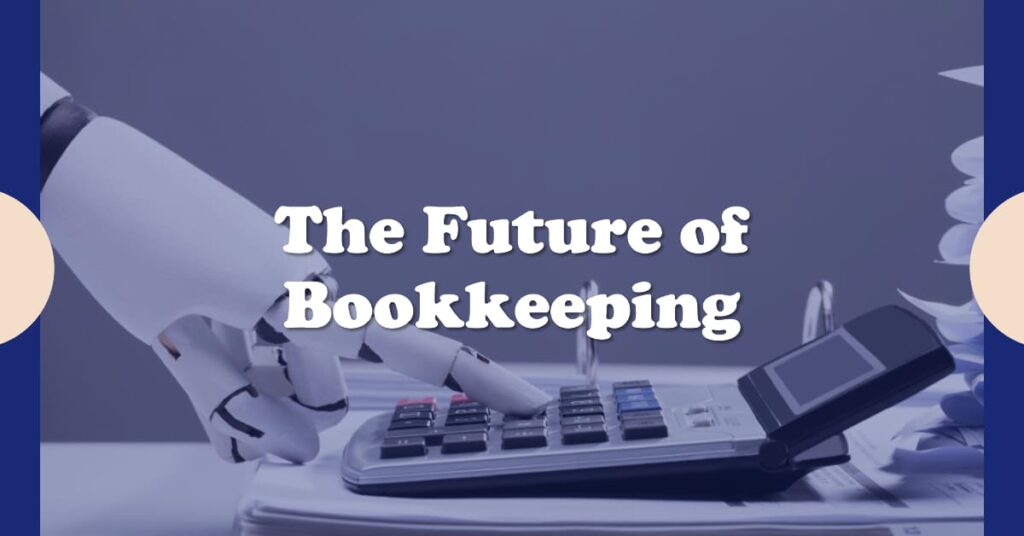Will Bookkeeping Be Automated ?
Bookkeeping is a crucial function in any business, involving the recording, organizing, and tracking of financial transactions. Traditionally, bookkeeping tasks were performed manually, requiring significant time and effort. However, with the advent of technology, bookkeeping has become increasingly prevalent, streamlining processes and improving efficiency.
Current Trends in Bookkeeping Automation
The field of bookkeeping has witnessed several trends in automation. One prominent trend is the adoption of cloud-based accounting software. Cloud platforms provide businesses with real-time access to financial data, automated backups, and enhanced collaboration capabilities.
Another trend is the integration of artificial intelligence (AI) and machine learning (ML) technologies in bookkeeping systems. AI and ML algorithms can automate data entry, categorization, and reconciliation processes, reducing human involvement and potential errors.
Impact of Technology on Bookkeeping
Technology has had a significant impact on bookkeeping, revolutionizing the way financial data is managed. Automation has streamlined repetitive tasks, increased accuracy, and improved overall efficiency. With real-time data accessibility, businesses can make more informed decisions and respond swiftly to financial challenges.
Automation of Routine Bookkeeping Tasks
Routine bookkeeping tasks, such as data entry, invoice processing, bank reconciliation, and financial reporting, can be automated using specialized software. By leveraging optical character recognition (OCR) and data extraction techniques, these systems can extract information from invoices, receipts, and other documents, reducing manual effort and human error.
Limitations of Current Automated Systems
While bookkeeping automation offers numerous benefits, it also has certain limitations. Automated systems heavily rely on the accuracy and completeness of the input data. Inaccurate or incomplete data can lead to incorrect financial reports and misleading insights. Additionally, automation may not be suitable for complex financial transactions that require human judgment and expertise.
The Role of Human Judgment in Bookkeeping
Despite advancements in automation, human judgment remains crucial in bookkeeping. Certain financial decisions, such as identifying irregularities or handling complex transactions, require critical thinking and professional expertise. Human judgment also plays a significant role in interpreting financial data and providing strategic insights for business growth.
Factors Influencing the Automation of Bookkeeping
Several factors influence the automation of bookkeeping processes. These include the complexity of transactions, the size of the business, the industry’s regulatory requirements, and the willingness of stakeholders to embrace technological change. Businesses must carefully assess their unique needs and consider the potential benefits and limitations before implementing automation.
Future Outlook for Bookkeeping Automation
The future of bookkeeping automation appears promising. Continued advancements in AI, ML, and robotic process automation (RPA) are expected to further streamline bookkeeping processes. The integration of advanced analytics and predictive modeling capabilities can provide businesses with valuable insights for financial planning and risk management.
Discussions on Bookkeeping Automation in Reddit
Reddit, a popular online platform, hosts numerous discussions related to bookkeeping automation. By engaging in these discussions, individuals and businesses can gain insights from real-world experiences, learn about different automation tools, and stay up to date with the latest industry trends.
Pros and Cons of Bookkeeping Automation:
Pros:
- Increased efficiency and accuracy
- Time savings and reduced manual effort
- Real-time data access and improved decision-making
- Enhanced compliance with financial regulations
- Cost savings through reduced labor expenses
Cons:
- Dependence on accurate and complete data
- Limited applicability to complex transactions
- Potential security and privacy risks
- Initial setup and learning curve for new automation tools
- The need for ongoing monitoring and oversight
Recommendations for Businesses and Professionals
Evaluate the unique needs and goals of your business before implementing automation.
Invest in reliable cloud-based accounting software for seamless data management.
Seek professional advice to ensure compliance with financial regulations.
Regularly review and validate automated processes

